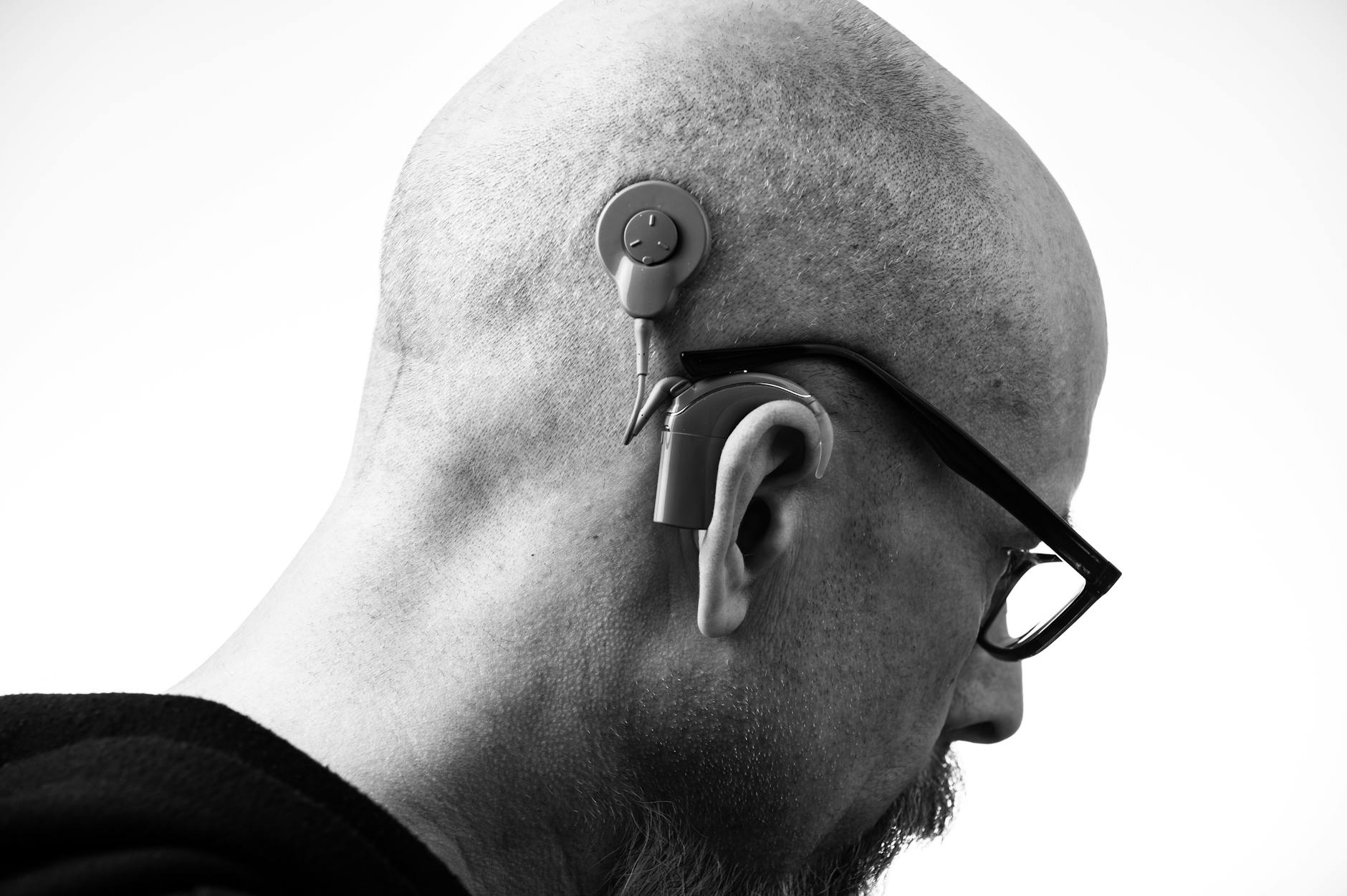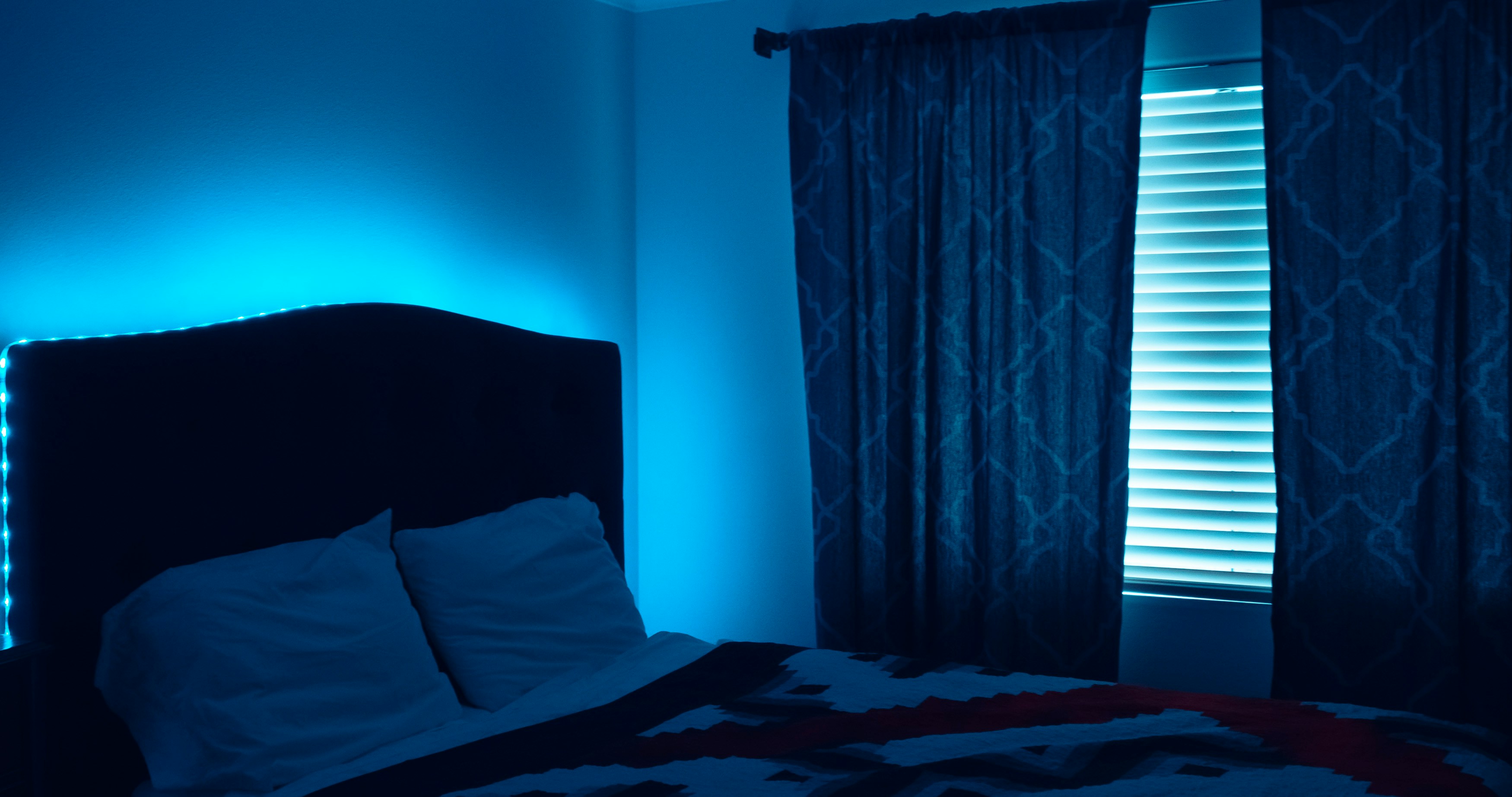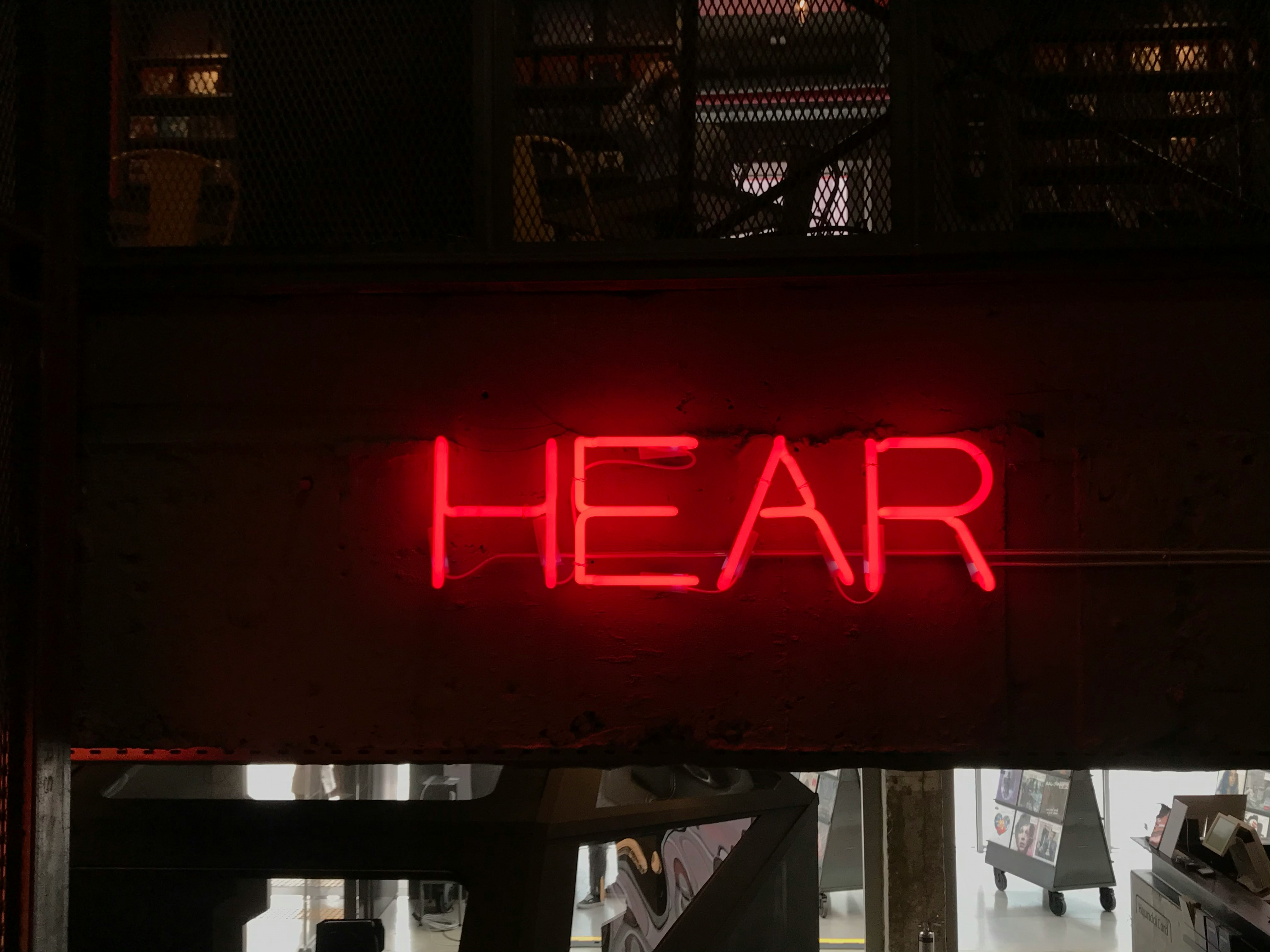Here’s a quiet truth: the tiny, energy-hungry cells inside your inner ear depend on beautiful, steady blood flow. When blood pressure and blood vessels struggle, your ears often feel it—sometimes years before you notice.
The 60-second gist
- Your cochlea runs on a rich micro-blood supply. Chronically high blood pressure and stiffened arteries can reduce that supply, stressing the hair cells that let you hear.
- Large observational studies link hypertension and other cardiovascular risks (like diabetes and smoking) with a higher chance of hearing difficulties—especially at higher pitches and in noisy places.
- You can act now: manage blood pressure, move your body, choose heart-healthy foods, sleep well, and protect your ears from noise. These habits pull double duty for your heart and your hearing.
- If you have cardiovascular risk factors, consider a baseline hearing evaluation and regular follow-up with an audiologist. Early changes are often subtle but actionable.
Why your ears care so much about blood pressure
Think of the inner ear as a tiny concert hall powered by an equally tiny power grid. The “band” (your sensory hair cells) plays nonstop, translating vibrations into electrical signals for your brain. The “power grid” is the microcirculation: delicate vessels feeding the stria vascularis and other structures that maintain the ear’s chemistry and energy.
When blood pressure runs high over time, blood vessels can stiffen and thicken. Combined with atherosclerosis, this makes flow less flexible and sometimes less abundant. The cochlea doesn’t store much energy—it needs smooth delivery on demand. Any chronic hit to that supply can nudge your hearing down, slowly and quietly.
Pulses, pressure swings, and your perception
- Hypertension can aggravate tinnitus for some people. A special subtype, pulsatile tinnitus (sound in time with your heartbeat), deserves prompt medical attention to rule out vascular causes.
- On the other end, sudden dips in blood pressure (think dehydration, overheating, or medication changes) can make the world feel momentarily muffled or spinny. If you notice this often, talk with your clinician.
What the evidence actually says
We don’t diagnose here, but we do follow the data. Studies over the last two decades point to a consistent theme:
- People with hypertension are more likely to show worse hearing thresholds—especially at high frequencies—compared with peers with healthy blood pressure, even after accounting for age and noise exposure.
- Cardiometabolic risks pile on. Diabetes, high cholesterol, smoking, and obesity often travel with hypertension and together associate with faster hearing declines and tougher speech-in-noise performance.
- Sleep apnea, which stresses both blood pressure and oxygen delivery, is linked with hearing problems and tinnitus. Treating apnea may help overall auditory comfort.
Important nuance: most of this research is observational. It strongly suggests a relationship but doesn’t prove cause-and-effect for every individual. Still, cardiovascular basics are among the safest, highest-value steps you can take for both heart and ear health.
Clues your ears might be reacting to cardiovascular strain
None of these are proof of a blood pressure issue, but they’re smart prompts to check in with your healthcare team and get a hearing evaluation:
- Conversations in restaurants or echoey rooms feel extra muddy.
- Family says you turn the TV up more than you used to.
- High-pitched sounds (birds, beeps) seem faded.
- Tinnitus that pulses with your heartbeat (seek timely medical evaluation).
- Hearing that fluctuates with fatigue, dehydration, or heavy exertion.
What you can do this week: heart-healthy is ear-healthy
1) Know your numbers
- Check your blood pressure at home or a pharmacy kiosk. Log readings at different times of day for a week.
- Share the log with your clinician to discuss a target plan that fits your health history. Never change or stop medication without medical guidance.
2) Move your body on most days
- Aim for regular aerobic activity and include a couple of strength sessions weekly if you can. Even 10-minute brisk walks add up.
- Bonus for ears: better circulation can reduce overall physiologic stress and may ease some tinnitus for certain people.
3) Choose circulation-friendly foods
- DASH- or Mediterranean-style patterns emphasize vegetables, fruits, whole grains, legumes, fish, nuts, and olive oil.
- Be mindful of sodium, excessive alcohol, and added sugars. If you take certain medications or have kidney issues, ask your clinician before changing potassium intake.
4) Sleep like it matters (because it does)
- Most adults do best with 7–9 hours. If you snore loudly, wake unrefreshed, or have daytime sleepiness, ask about screening for sleep apnea.
5) Quit smoking, seriously
- Smoking narrows blood vessels and accelerates inner-ear wear and tear. Quitting is one of the biggest gifts you can give your hearing and your heart.
6) Protect against noise, always
- Cardiovascular strain plus loud sound is a one-two punch. Carry earplugs for concerts, games, or power tools. Keep personal audio under ~60% volume and give your ears breaks.
7) Review meds safely
- Some medications can interact with hearing function, especially in combination (for example, certain antibiotics plus high-dose loop diuretics). Don’t stop anything on your own—ask your clinician or pharmacist to review your list.
For hearing aid users (and soon-to-be users)
Good news: hearing aids don’t just make things louder; they reduce the effort of listening. That lowered effort can lessen stress and listening fatigue, which is good for your overall well-being.
- Keep your aids well-fitted. If speech feels sharp or tiring, ask your audiologist to check amplification of high frequencies and speech-in-noise settings.
- Use features you already have: directional microphones, noise reduction, and custom programs for restaurants or meetings.
- Pair your heart habits with hearing habits: steady exercise and consistent hearing aid use often work together to make social time easier and more enjoyable.
When to seek help—sooner rather than later
- Sudden hearing loss (over hours to a couple of days) is a medical emergency. Seek urgent care; earlier treatment is associated with better outcomes.
- New pulsatile tinnitus (whooshing or thumping in time with your heartbeat) deserves prompt medical evaluation.
- Any rapid change in hearing or balance after starting a new medication—call your clinician.
- Cardiovascular risk factors? Book a baseline hearing test with an audiologist and plan periodic follow-ups.
If you’re unsure where to start, a primary care clinician and a licensed audiologist make a great tag team. Bring your blood pressure log and your hearing concerns to both visits.
Myth-busting
- “Lowering blood pressure will cure my hearing loss.” Managing blood pressure can support the inner ear and may slow further decline. But existing sensorineural hearing loss usually needs rehabilitation (hearing aids, assistive devices, or communication strategies).
- “Blood pressure medications cause hearing loss.” Most do not. Rare side effects can occur, and some drug combinations carry risk. Never stop a prescribed medication without medical guidance—controlling hypertension typically benefits your ears more than it harms them.
- “Only older adults need to worry.” Hypertension and hearing issues can start earlier than you think, especially with noise exposure. Prevention loves an early start.
The science-y corner (for the curious)
The stria vascularis is a metabolic powerhouse that maintains the inner ear’s electrochemical gradient (the “battery” of hearing). It’s fed by a delicate arterial network branching from the labyrinthine artery and spiral modiolar vessels. Chronically elevated pressure and endothelial dysfunction can impair nitric oxide signaling and microvascular responsiveness. The result: reduced perfusion, oxidative stress, and gradual hair cell and synapse strain—especially in the high-frequency regions at the cochlea’s base. That’s one reason you may notice trouble with consonants and speech clarity in noise before the “beeps” on a basic audiogram look dramatic.
A simple two-week experiment
Try this short reset, then note any changes in listening comfort:
- Walk 20–30 minutes most days (or bike, swim, dance—anything you enjoy).
- Make half your plate plants; swap one red meat dinner for fish or legumes.
- Cut evening screen time by 30 minutes and put that toward sleep.
- Keep personal audio under 60% volume and wear earplugs at loud events.
- Log home blood pressure in the morning and evening, and jot down when tinnitus feels louder or softer.
After two weeks, share the logs with your clinician and, if you have one, your audiologist. Small steps compound.
How to talk with your doctor and audiologist
- “I’m tracking my blood pressure and noticing more trouble in noisy rooms. Could we review my targets and meds?”
- “I snore and feel tired. Should I be screened for sleep apnea?”
- “Can you refer me for a baseline hearing test?”
- “I use power tools weekly. What hearing protection do you recommend?”
Remember: this article is educational and not a diagnosis. Your ears and heart are a team—treat them like one. If something feels off, get personalized advice.
Further Reading
- Long COVID and Your Hearing: What We Know (and What to Do Next) (Research) - Your Medicine, Your Ears: Preventing Drug‑Induced Hearing Loss (Hearing Loss) - Your Heart, Your Hearing: The Cardiometabolic Link You Can’t Afford to Ignore (Research) - When Sleep Talks to Your Ears: Apnea, Insomnia, and the Circadian Cochlea (Research)Frequently Asked Questions
Can high blood pressure cause tinnitus?
It can. Hypertension may aggravate tinnitus for some people, and a special subtype—pulsatile tinnitus—can match your heartbeat. New pulsatile tinnitus should be evaluated promptly to rule out vascular causes. Managing overall cardiovascular health sometimes reduces tinnitus intensity, but results vary.
If I lower my blood pressure, will my hearing improve?
Lowering blood pressure supports your inner ear’s blood flow and may slow further decline. Some people also notice less listening fatigue or steadier tinnitus. However, established sensorineural hearing loss often persists, and hearing rehabilitation (like well-fitted hearing aids and communication strategies) remains important.
Should I get a hearing test if I have hypertension or diabetes?
Yes. A baseline audiogram and periodic follow-ups help catch early changes, guide prevention, and tailor solutions. An audiologist can also assess speech-in-noise performance and recommend strategies or technology to make daily listening easier.
Are blood pressure medications bad for hearing?
Most blood pressure medications are not harmful to hearing, and controlling hypertension likely protects your ears overall. Rare side effects or drug interactions can occur, so report any sudden hearing or balance changes to your clinician and never stop medication without professional guidance.



